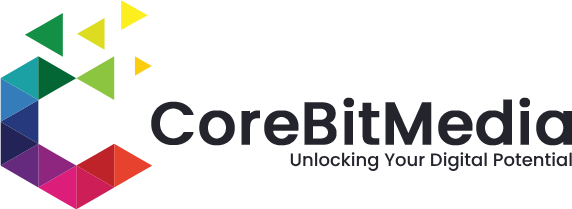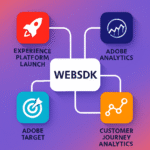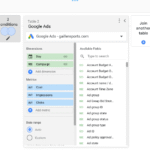The digital world is undergoing a privacy revolution. With the deprecation of third-party cookies and increasing global privacy regulations, marketers are rethinking how they track user behavior and measure performance. But here’s the good news: we don’t need to sacrifice data quality to respect user privacy.
Welcome to the cookieless era—where smarter tag management is the key to maintaining insight without crossing ethical (or legal) lines.
Why Tag Management Needs to Evolve
For years, marketers relied on third-party cookies and tracking pixels embedded through tag managers to collect rich behavioral data. But with browsers like Safari and Firefox blocking third-party cookies by default—and Google Chrome phasing them out entirely in 2025—traditional methods are fading fast.
Add to that laws like GDPR, CCPA, and new consent frameworks across the globe, and it’s clear: tagging strategies must shift from invasive to intelligent.
What Is Tag Management in 2025?
Modern tag management isn’t just about injecting snippets of JavaScript anymore. It’s about orchestrating compliant, consent-driven data collection while maintaining visibility into user journeys.
Key changes include:
- Server-side tagging
- Consent-aware tracking
- Event-based, first-party data strategies
- Anonymized user IDs
- AI-powered data stitching
Smarter Tracking Starts with Server-Side Tagging
Client-side tagging is dying. It’s fragile, often blocked by ad blockers, and dependent on cookies that are disappearing.
Server-side tagging, on the other hand, routes data through your own server before it’s sent to platforms like Google Analytics, Facebook, or CRMs. This gives brands more control over what’s shared—and how.
Benefits include:
- Reduced data loss
- Better load times (improves Core Web Vitals)
- Full control over data governance
- Works seamlessly with first-party identifiers
Top Tool: Google Tag Manager Server-Side + Stape.io
Paired together, they allow you to move critical tags server-side while integrating privacy filters and consent logic directly into your backend.
Consent is King—Build Tracking Around It
Forget “implied consent.” In 2025, users demand clear choices. Your tag strategy must now respect regional compliance rules and user preferences in real-time.
Smart Tip: Implement a Consent Management Platform (CMP) that dynamically controls which tags fire based on the user’s consent status.
Top CMPs in 2025:
- OneTrust
- Sourcepoint
- Cookiebot
These tools integrate directly with GTM and server-side setups, ensuring no tag fires without permission.
Focus on First-Party Data + Event-Based Tracking
In a cookieless world, first-party data reigns supreme. This includes behavior on your site (pageviews, clicks, scrolls), logged-in user actions, and form submissions.
Rather than tracking who a user is, event-based tracking focuses on what they do—providing rich insights without storing personal identifiers.
Event Taxonomy Tip:
Create a structured taxonomy of events (e.g., product_view, add_to_cart, newsletter_signup) that aligns with your analytics and advertising goals.
Tool Spotlight: Segment + GA4 + Meta CAPI
This stack allows you to collect, clean, and distribute first-party events across your marketing stack with precision and compliance.
Anonymization & AI-Powered Attribution
Even without cookies, you can still measure attribution—just differently.
AI models now fill gaps in user journeys by probabilistically stitching sessions based on device type, location, time, and behavior. They’re not 100% precise—but they’re getting close.
Top Tool: Piwik PRO + MadKudu (2025 Editions)
These privacy-first tools use AI-driven models to provide attribution insights without personal data. Piwik runs analytics on your own infrastructure, and MadKudu scores leads using behavioral patterns, not identity.
The Bottom Line: Privacy-First ≠ Data-Blind
You don’t need cookies to understand your audience. You need a better, cleaner, and more ethical approach to data.
Tag management in 2025 is about:
- Embracing server-side infrastructure
- Respecting user consent
- Prioritizing first-party and event-based data
- Leveraging AI to fill in the gaps—without compromising trust
Final Takeaway:
If your marketing stack still relies on third-party cookies and outdated tags, it’s time to evolve. Smarter tag management doesn’t just keep you compliant—it builds trust and gives you a clearer, more sustainable view of your audience.
Ready to future-proof your tracking?
Let’s talk about how to implement privacy-first tagging strategies that still drive results.







